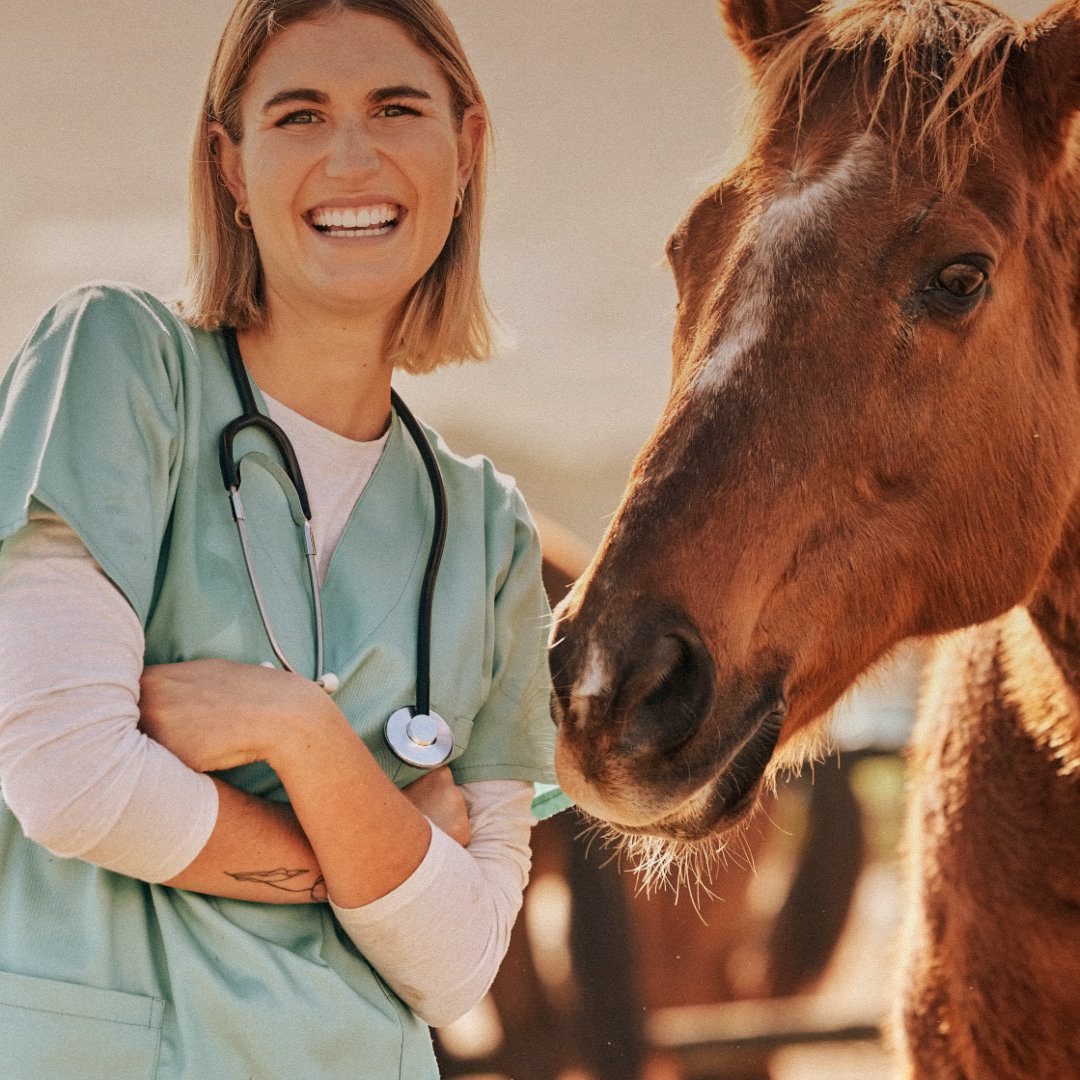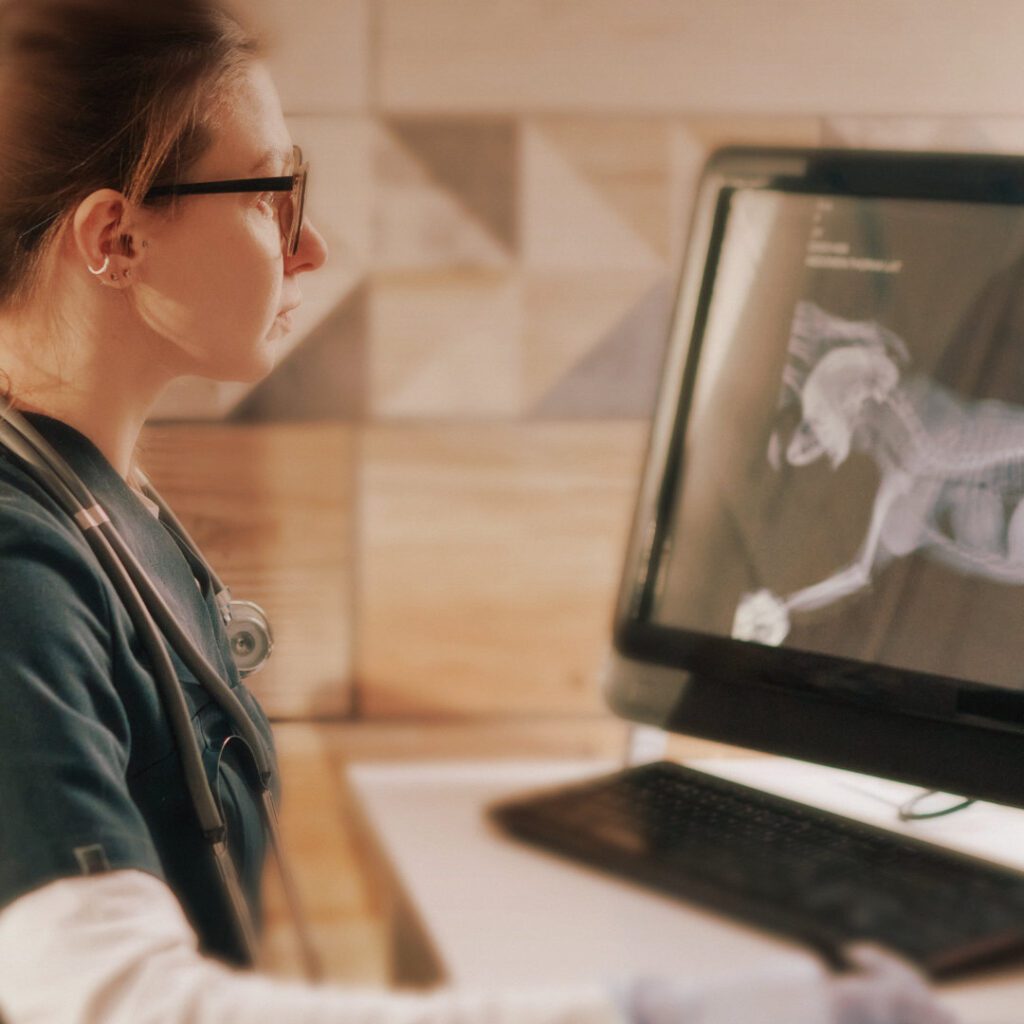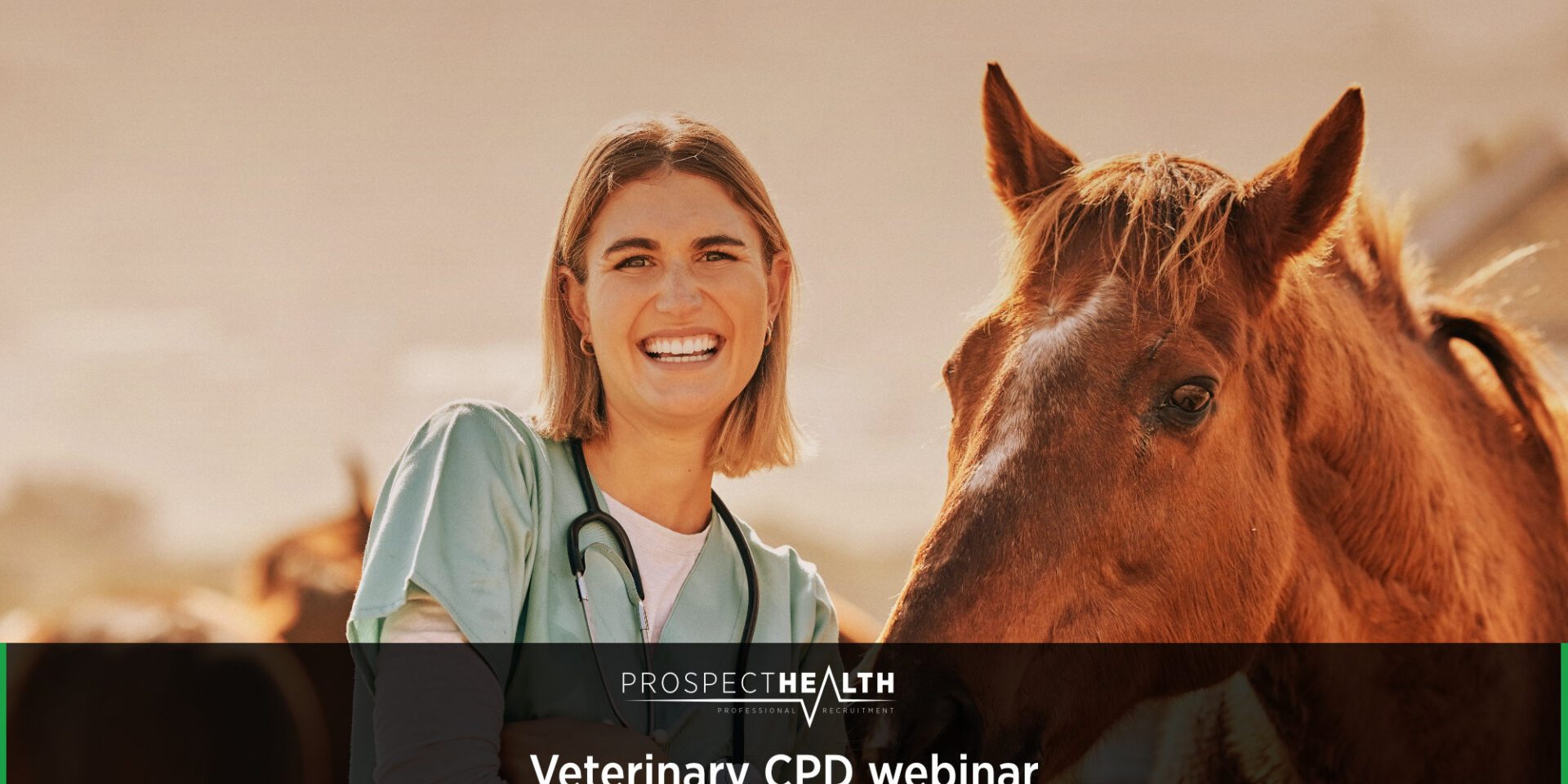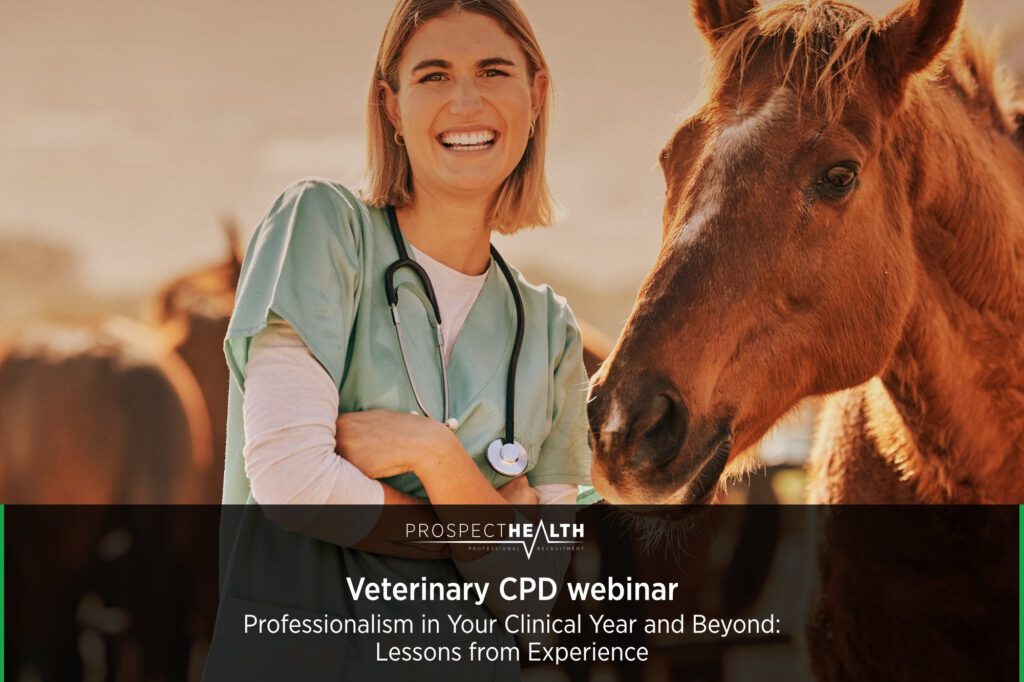September 24, 2025 | Vet Graduate | Veterinary
Veterinary CPD webinar
Professionalism in Your Clinical Year and Beyond: Lessons from Experience
With Dr Barak Benariye
As veterinary students approach their clinical year, the transition from classroom to clinic can feel overwhelming. You move from textbooks and exams into real-world patient care, where professionalism becomes just as important as medical knowledge.
If you missed our webinar with Dr Barak Benariye, a UC Davis graduate and practice owner in Texas, he shared his insights on professionalism in veterinary medicine — drawing from his own journey and years of mentoring students.
You can find the key lessons below.
If you would like to receive a copy of this webinar recording and be added to our mailing list for future webinars, please complete the form below:

Access our pre-recorded Veterinary Webinars
1. Preparation Matters
When you know a rotation is coming up, prepare in advance. Review the core material, talk with classmates who have already been through it, and commit some basics to memory.
For example, in internal medicine, be ready to list differentials for common presentations like polyuria and polydipsia. Faculty notice students who come prepared, and this effort helps you contribute meaningfully to cases.
2. Appearance Counts
Like it or not, first impressions matter. While self-expression is important, professionalism in appearance reassures clients, colleagues, and faculty. A neat, well-groomed look communicates competence and confidence.
A quick self-check before entering the exam room can make all the difference. Even something small — like food stuck in your teeth — can distract a client from hearing what you’re saying.
3. Respect Your Colleagues
One of the most important professional habits is showing respect for your entire team, especially veterinary assistants and nurses. They are highly skilled, and their support can be invaluable during your clinical year.
Treat them as equals and learn from their experience. A collaborative, respectful approach will take you far — not only as a student but throughout your career.
4. Building Trust with Clients
Veterinary medicine is as much about people as it is about animals. Clients want to feel that you are on their side. That means being honest and never pretending to know something you don’t.
A simple phrase like, “I’m not sure, but I’ll find out for you” demonstrates integrity and reliability. Clients value advocacy and honesty far more than a rehearsed answer.
5. Finding Your Professional Identity
During clinics, you’ll begin shaping the kind of veterinary surgeon you want to be. Sometimes you are the medical expert; other times you serve as an advocate, confidant, or even therapist for pet owners facing difficult decisions.
Learning to shift between these roles is part of developing your professional identity. It requires humility, empathy, and the ability to balance confidence with openness to learning.
6. Faculty: The Good, the Bad, and the Ugly
Rotations often depend on the faculty you work with. Some are encouraging and supportive — “the good.” Others are demanding and expect total dedication — “the bad.” And a few may be overly harsh or intimidating — “the ugly.”
While the styles differ, each experience offers something valuable. Even the most difficult rotations teach resilience and the ability to adapt. As Dr Benariye puts it, vet school can feel like a game of whack-a-mole: you get knocked down, but the real skill is standing back up again.
7. Practical Resources
A few tools can make clinical rotations easier:
- The Five-Minute Veterinary Consult – excellent for quick reference.
- Self-Assessment Color Review Series – case-based learning with images and answers.
- VIN and even Google – fast, practical resources for additional information.
- Nerdbook or personal notes – writing things down helps you retain knowledge.
8. Mental Health and Perspective
Veterinary training is demanding, and the profession does face challenges with stress and mental health. But it’s important to remember: being a veterinary surgeon doesn’t inherently make you unhappy. Perspective and self-care matter.
Check in on yourself, and support your peers. Recognise that stress is normal, but misery should not be. Find the aspects of veterinary medicine that energise you, and follow that path.
Final Thoughts
Your clinical year is not just about proving your medical knowledge — it’s about developing professionalism, resilience, and self-awareness.
- Prepare for each rotation.
- Present yourself with confidence.
- Treat colleagues and clients with respect.
- Stay humble, curious, and honest.
- Take care of yourself and enjoy the journey.
Veterinary medicine offers many career paths. Keep an open mind, explore your interests, and let your passion guide you. As Dr Benariye reminds students: the path that excites you most is the one where you’ll thrive.
If you’re looking to move roles after graduation or if you’re looking for a role once you graduate, our team can help.
You can call us on 01423 813452 or email us at [email protected]
View all our Veterinary Jobs

Next Up: Veterinary CPD webinar – Canine Thoracic Radiograph Interpretation
Dr Spencer Finnik created an engaging and insightful Veterinary CPD webinar on interpreting thoracic radiographs, where he explored an array of case studies to enhance your understanding of thoracic imaging…

Talk to a specialist
Chris Ellerker
Divisional Director – Dentistry and Locum Vet Divisions
I have over 12 years of recruitment experience, working my way up from Candidate Resourcer, Recruitment Consultant, Business Manager, to Divisional Director. I manage/run our Dentistry and Locum Vet teams here at Prospect Health. I thoroughly enjoy finding candidates a rewarding position that meets their expectations and supporting them through the process of registration/compliance (the fun bit), as well as throughout their placement/booking…
September 24, 2025 | Vet Graduate | Veterinary



